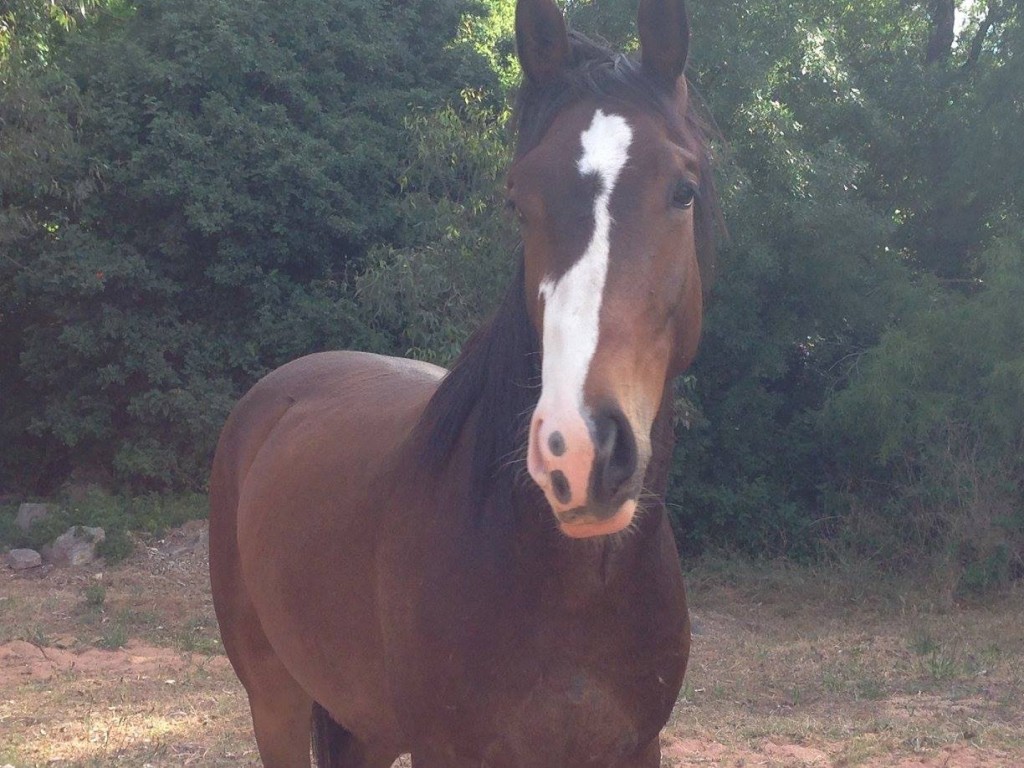 As a criminal defence lawyer Dianne saw some shortfalls in the effectiveness of program delivery and integrity because although some intervention programs had very admirable intentions they were not delivered as intended and did not achieve the results necessary to effect long term change.
As a criminal defence lawyer Dianne saw some shortfalls in the effectiveness of program delivery and integrity because although some intervention programs had very admirable intentions they were not delivered as intended and did not achieve the results necessary to effect long term change.
Social science analysts around the world have consistently identified eight criminogenic risk factors that need to be considered as primary targets for intervention and recidivism reduction. These include:
- a history of offending;
- antisocial personality pattern (e.g. impulsive, novelty-seeking, aggressive);
- antisocial attitudes, values, beliefs, rationalisations and identity;
- antisocial associates;
- substance abuse;
- unsatisfactory family and/or martial situation (dysfunctional or supportive of crime);
- poor performance at and/or lack of education/employment; and
- lack of involvement and satisfaction in prosocial recreational/leisure activities;
EBI works very hard to ensure all programs create a favourable environment to give participants the best opportunity to engage and actively participate in all activities. Where necessary, factors specific to the individual participant are taken into account to ensure a conducive outcome.
The focus of EBI intervention programs is the wellbeing and rehabilitation of each participant. Engaging participants in rehabilitation programs means a broad knowledge and skill base can be developed for personal growth. The EBI programs offer structured, positive and motivational experiences essential for behavioural change attributed solely to the horses’ ability to challenge (in a safe controlled environment) anti-social attitudes and/or behaviours. EBI believes any program offering less than this is a poor use of resources.
Statistics demonstrate community protection is best served when offenders are encouraged (and motivated) to adopt a “pro-social” lifestyle.
Please contact us for further information.
